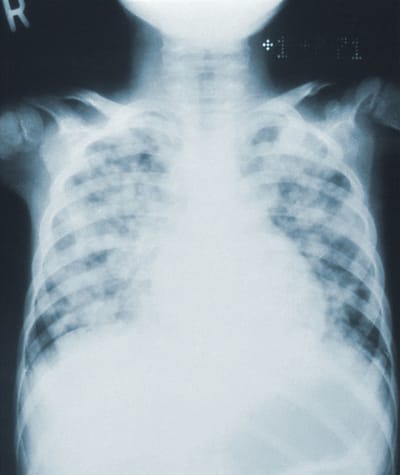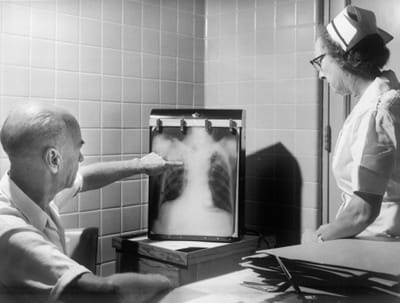Lung Fibrosis


Lung fibrosis can have a number of causes, including exposure to certain chemicals, medications, infections, and diseases such as pneumonia, sarcoidosis, and rheumatoid arthritis. In some cases, the cause of lung fibrosis is unknown, and the condition is referred to as idiopathic pulmonary fibrosis (IPF).
The symptoms of lung fibrosis can develop gradually over time and can be difficult to diagnose. Some people may experience a persistent cough, while others may notice that they become breathless more easily when they are exercising or even just walking up stairs. If you are experiencing any of these symptoms, it is important to seek medical advice with Dr Aldik as soon as possible.
Treatment for lung fibrosis can depend on the cause and severity of the condition. In some cases, medication may be prescribed to help reduce inflammation and scarring in the lungs. Oxygen therapy may also be recommended to help improve breathing and reduce the risk of complications. For some people, lung transplant surgery may be necessary if the condition is severe and other treatments have been unsuccessful.
Preventing lung fibrosis is important, and there are steps that you can take to reduce your risk. This includes avoiding exposure to certain chemicals and pollutants, quitting smoking, and seeking prompt medical treatment for any respiratory infections or illnesses.
If you or someone you know is experiencing symptoms of lung fibrosis, it is important to seek medical advice with Dr Aldik as soon as possible. Early diagnosis and treatment can help to slow down the progression of the condition and improve quality of life. With the right treatment and management, people with lung fibrosis can continue to lead full and active lives.